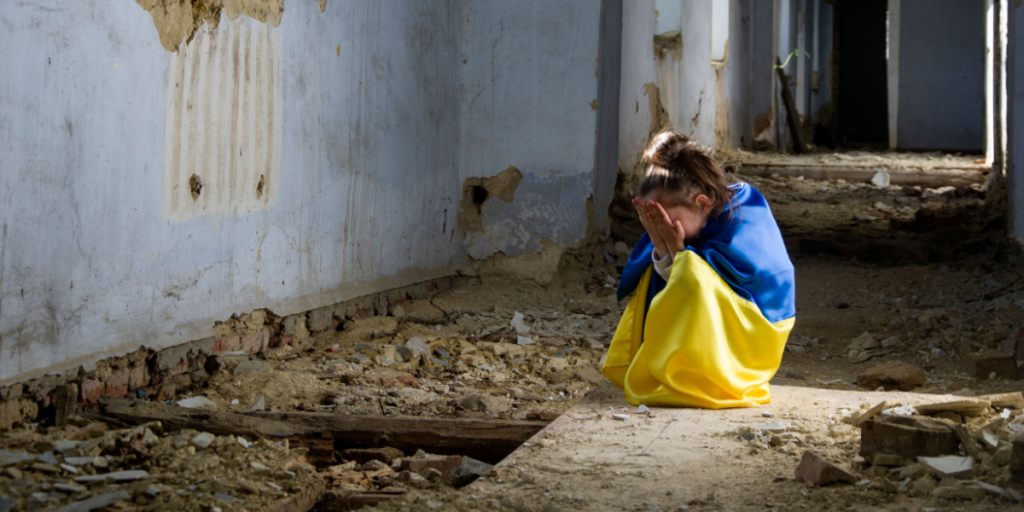UN has warned Russia, that it risks it’s military to be put on a list including groups like Hamas and the Military of Myanmar.
Others are reading now
UN has warned Russia, that it risks it’s military to be put on a list including groups like Hamas and the Military of Myanmar.
What is happening?
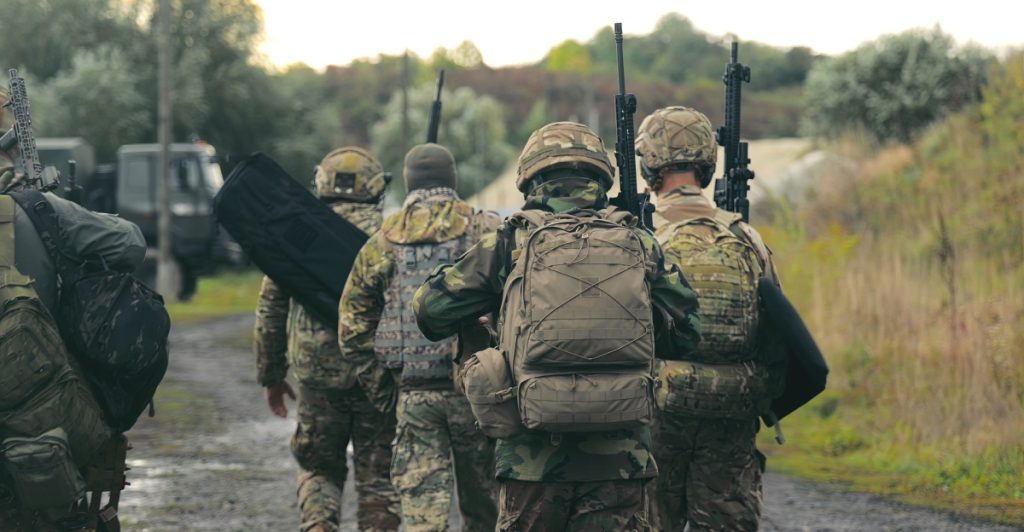
Russia has announced plans to withdraw from a key Council of Europe treaty aimed at preventing torture, prompting strong condemnation from Ukraine.
The treaty, signed by Moscow in 1996, is a cornerstone of European efforts to monitor and prevent inhuman treatment in detention facilities.
Ukraine: A step that speaks volumes
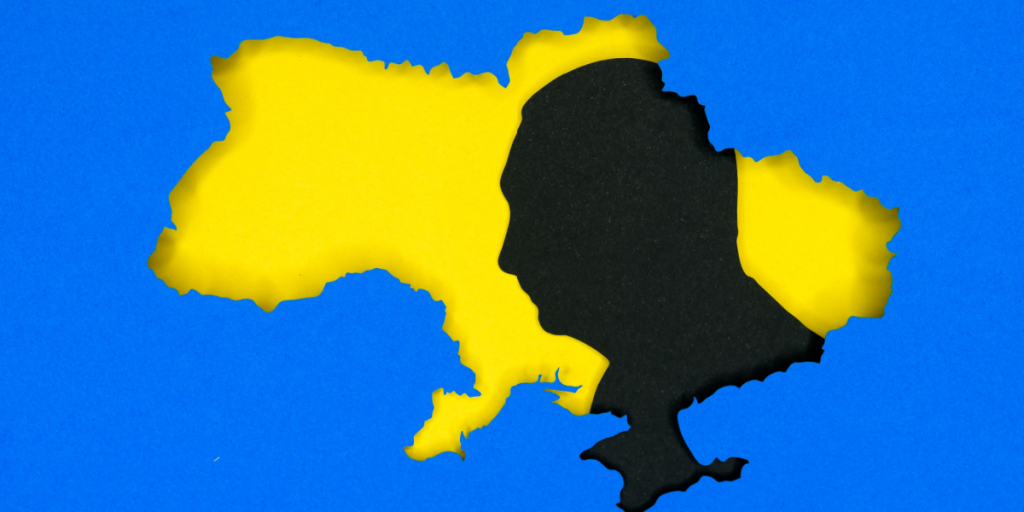
Ukraine swiftly responded to the announcement, calling Russia’s move “effectively an admission of guilt.”
In a statement, Ukraine’s Foreign Ministry said the withdrawal was an attempt to avoid accountability for “systematic torture” and other serious human rights violations committed during its war in Ukraine.
Also read
War crimes allegations amid the ongoing conflict
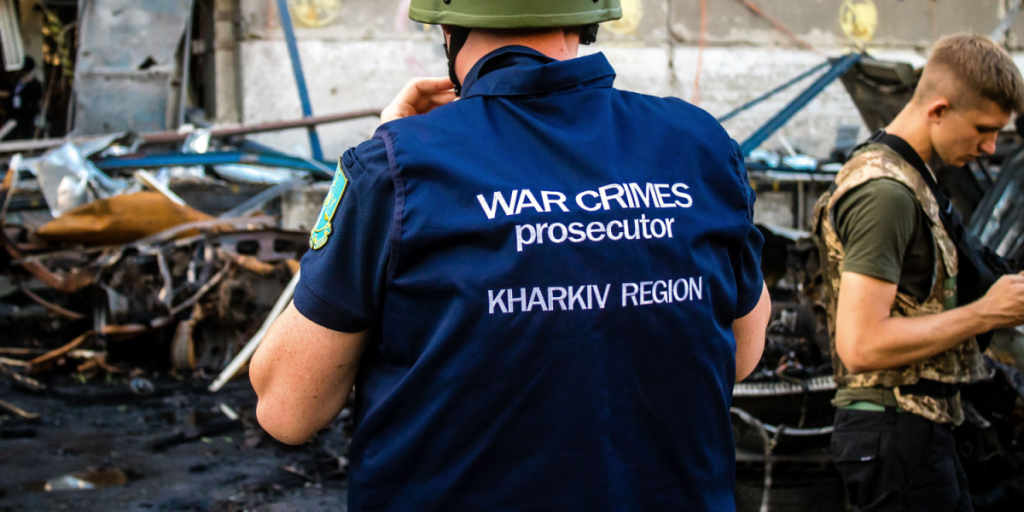
Since Russia’s full-scale invasion in February 2022, Ukrainian officials have repeatedly accused Russian forces of torturing civilians and prisoners.
These accusations form part of broader claims of war crimes committed during the conflict. Russia continues to deny all such allegations.
The legal process
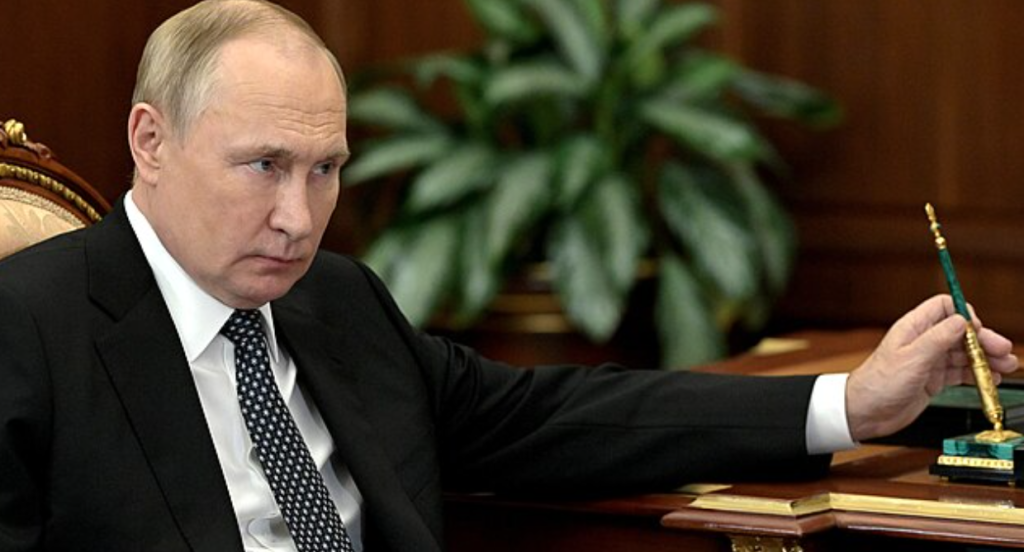
According to a notice on a Russian government website, the withdrawal proposal must still go through formal steps.
It requires approval from President Vladimir Putin and a majority vote in parliament before it can be officially enacted.
UN: Evidence of crimes against humanity
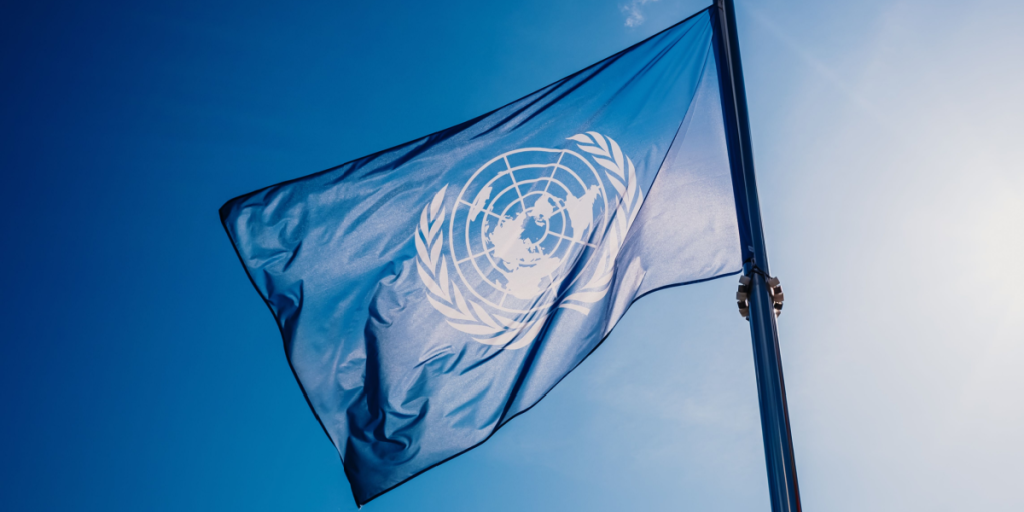
In March, a United Nations commission reported that Russia’s use of torture and enforced disappearances in Ukraine was both “widespread and systematic.”
Also read
The commission concluded these actions amounted to crimes against humanity under international law.
OSCE members demand independent inquiry
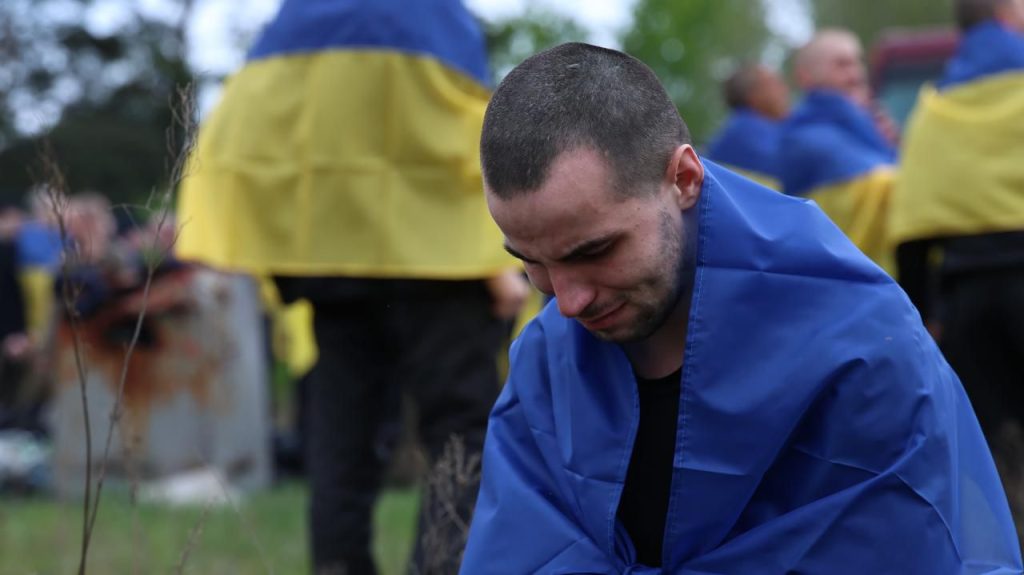
In a separate development, the Netherlands and 40 other members of the Organization for Security and Cooperation in Europe (OSCE) have jointly called for an independent investigation.
The focus is on reports of torture and mistreatment of Ukrainian prisoners of war by Russian forces.
UN issues sexual violence warning to Russia
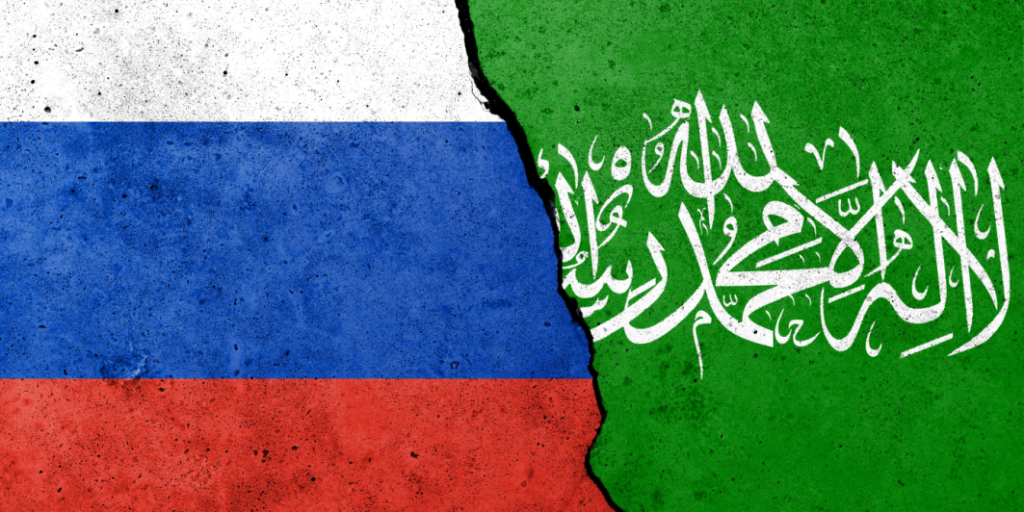
Adding to the pressure, the United Nations warned this month that Russia’s military could be officially listed as a suspected perpetrator of sexual violence in conflict.
This designation is based on credible evidence and would place Russia alongside groups like Myanmar’s military and Hamas.
Also read
Russia continues to reject accusations
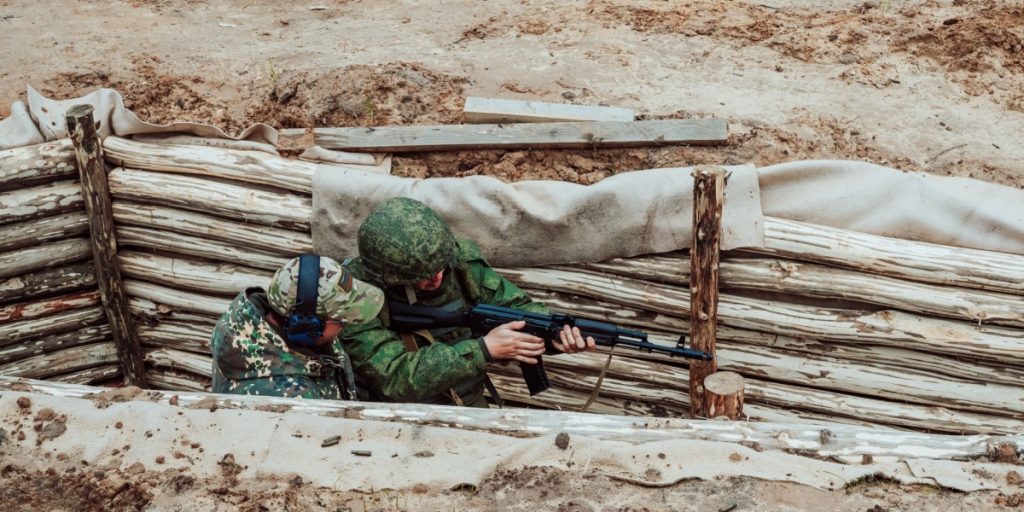
Despite mounting international scrutiny, Russia maintains that it is not guilty of war crimes or human rights abuses.
The Kremlin has consistently dismissed reports from UN bodies and human rights organizations as politically motivated or unfounded.
Broader implications for human rights oversight
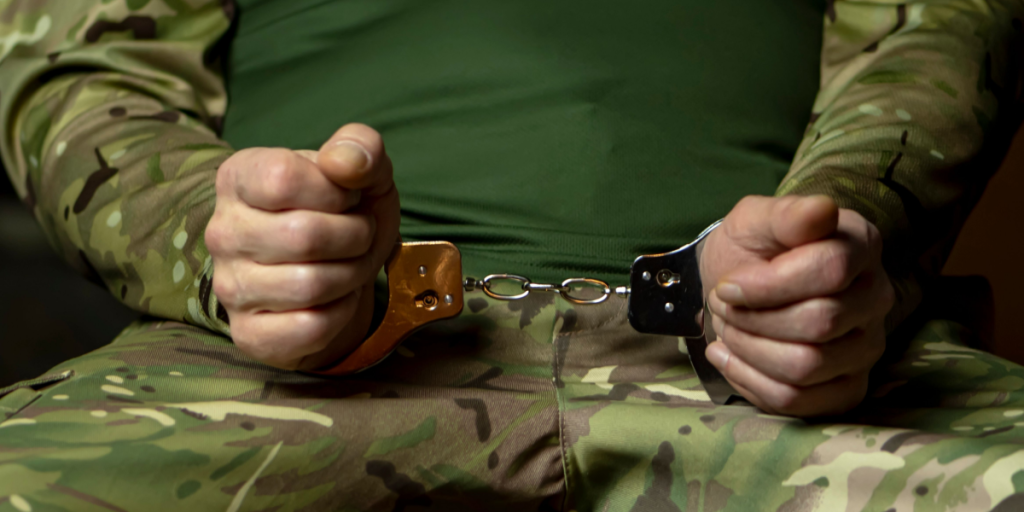
If finalized, Russia’s exit from the anti-torture convention would further weaken international oversight of its detention practices.
It also raises concerns about the growing isolation of Moscow from global human rights frameworks.
A pivotal moment in international accountability
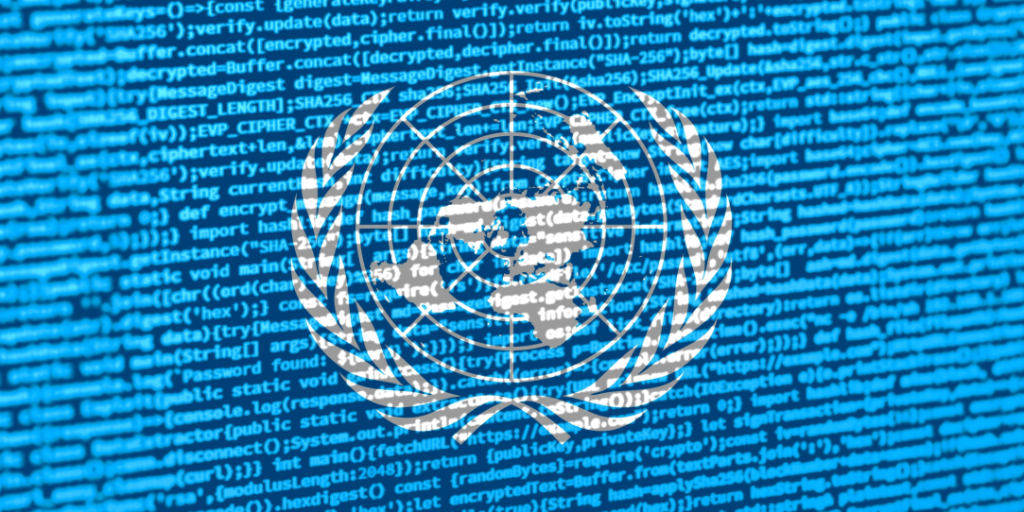
The unfolding situation highlights the role of international treaties in holding governments accountable for human rights violations.
Also read
As global bodies and governments react, Russia’s withdrawal could set a troubling precedent for other nations facing similar allegations.

